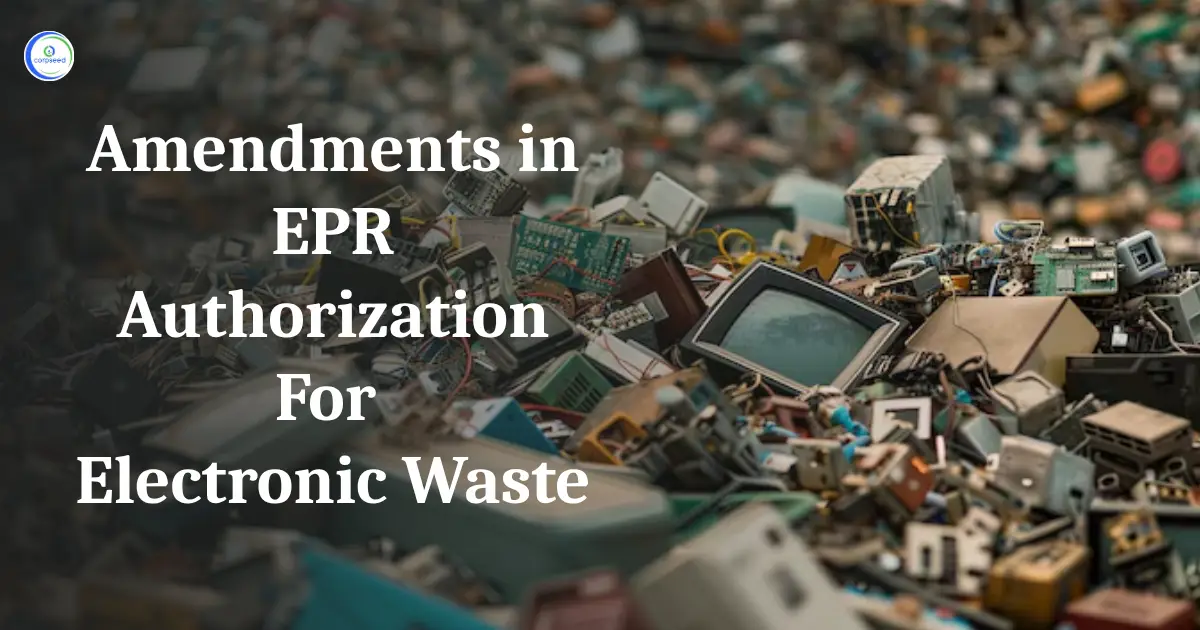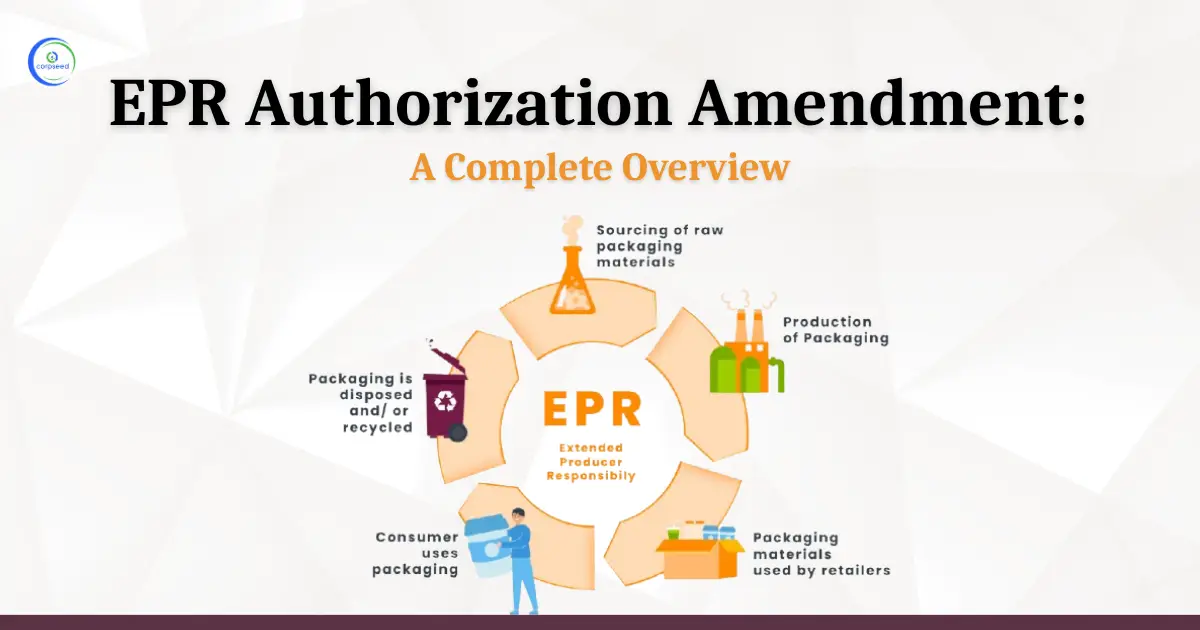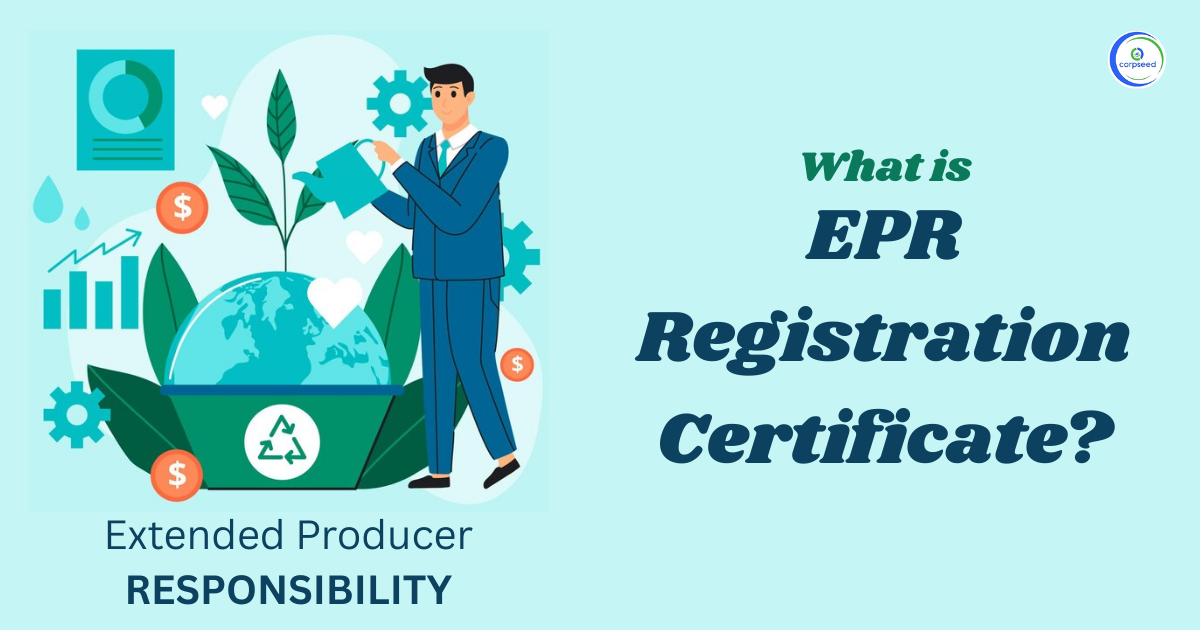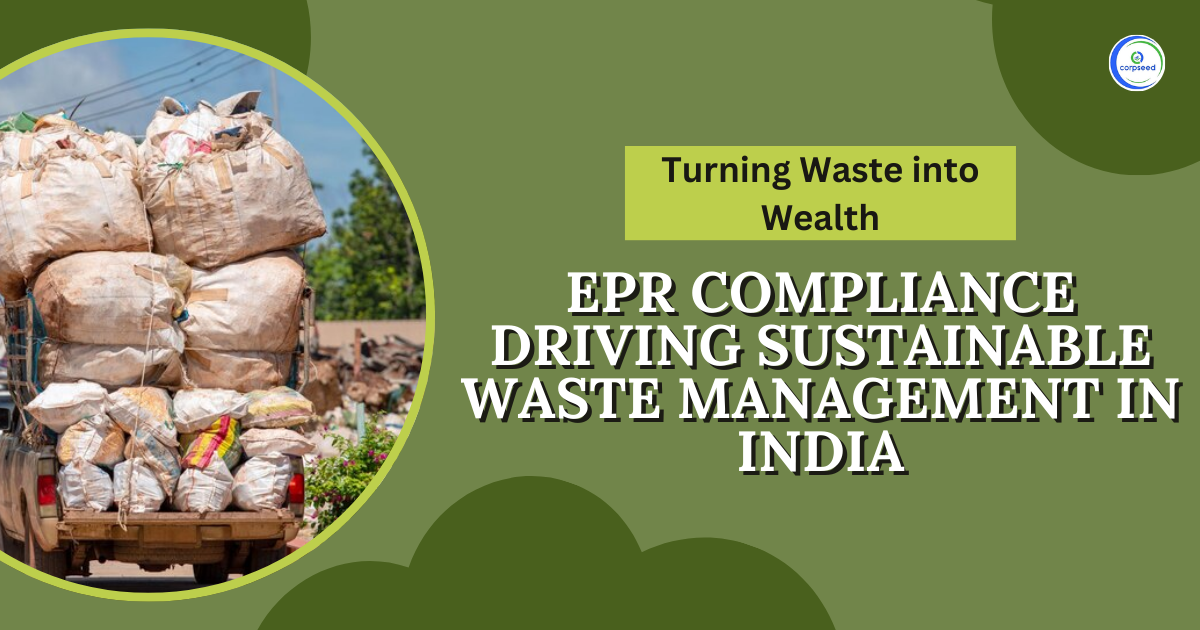Consumers will play a very important role in an environmentally conscious world. Consumer choice determines which of the products takes place. Extended Producer Responsibility (EPR) is a policy under which manufacturers bear full liability for every lifecycle of their products-from creation to use and eventual disposal-recycling forms part and parcel of this cycle. However, it does not just lie with the manufacturer. The consumer's decisions equally lead to the cycle.
Understanding EPR
EPR is a regulatory approach whereby producers are made responsible for the environmental impact created by products from the time of origin to final disposal. This term relates to the collection, recycling, as well as proper final disposal of post-consumer waste. By EPR, the producers are induced toward a greener product and less waste.
Table of Contents
--------------Blog Contact Form-------------
Role of Customer in EPR
As a customer, your decisions are influencing EPR and sustainability in many ways:
- Choosing Sustainable Products: Selecting recyclable or biodegradable products will encourage producers to embrace sustainable practices. More so, look for products marked with eco-friendly certifications or packaging.
- EPR Compliant Brands: Brands that comply with EPR have a greater commitment to sustainable practices and proper waste management systems. This implies that the more you select these brands, the more you add to a cleaner environment.
- Waste disposal: Your task does not end with purchasing a product. Ensuring that you dispose of waste responsibly is equally key. For recyclable materials, dispose of them in a way that subscribes to local guidelines in the recycling process.
- Awareness Raising: Share information on EPR and responsible practices with others. Share on social media or join a community initiative to show environmental responsibility.
Benefits of Sustainable Decisions
- Environmental Benefits: Making sustainable decisions works to reduce pollution and conserve natural resources. This in turn works to reduce climate change and helps in the maintenance of biodiversity.
- Economic Benefits: Supporting brands that comply with EPR promotes economic growth in the green sector because it creates a demand for sustainable products and encourages innovation.
- Social Responsibility: Making responsible environmental decisions is a true demonstration of commitment to social responsibility. It inspires others to follow.
Case Study: EPR in Action
Case study: Electronics Industry
The electronic industry is one of the major generators of e-waste. EPR as such should require manufacturers to be responsible for their products towards the disposal and recycling of them. Dell and Apple are among companies that have implemented take-back programs where customers can hand in old devices for recycling. This reduces generation as well as promotes more eco-friendly products.
How to Make Eco-friendly Decisions
- Research Brands
Before buying anything, check the brands for EPR compliance. This would ensure they are abiding by the same regulations. Know more about their approach towards effective waste management as well as sustainability processes.
- Buy Products with Long Lifespan
A product with a long lifespan is less likely to require frequent replacements, thus reducing waste.
- Second-Hand Purchases
Buying second-hand or refurbished products may actually save waste. It gives them another life and cuts back on demands on raw materials, thus saving on new resources.
Steer clear of products on single-use plastic and embrace the reusable instead. This is a simple difference that makes a big difference in waste generation.
- Take-Back Programs
There are companies running take-back programs on their products, participate in the same and ascertain there is proper recycling of your wastes.
Future of EPR and Customer Decisions
The customer role will be even more integral under the policies of EPR in the future. Here are a few future trends one should look out for in the future:
- Transparency: More transparency by brands regarding their sustainability practices will be required. Even more, customers will be able to attain information about the environmental impact of products at detailed levels.
- Collaborative Efforts: A balance between brand cooperation, consumer cooperation, and government action will be the key to implementing EPR. The shared actions can result in better solutions for waste management.
- Technological Innovation: Technological advancements will ensure that recycling and waste management are efficient processes. Customers may anxiously await novel ideas that have designed easy access to sustainable decisions.
- Increased Accountability: Aware customers will make brands accountable for their effects on the environment. Sustainability practices will continue being pushed.
Read Our Blog: Liquid Waste Management Rules 2024
Conclusion
As a customer, your decisions are crucial to making EPR and sustainability successful. And so doing the right thing while choosing sustainable products, supporting those companies that abide by EPR, and the proper disposal of waste will do it paving a clean and greener future for the generations yet to come. Stay updated, make informed decisions, and influence others to do the same. We will rise together as one body to drive positive change and make this earth for all of the generations yet to come.
This portion of the site is for informational purposes only. The content is not legal advice. The statements and opinions are the expression of author, not corpseed, and have not been evaluated by corpseed for accuracy, completeness, or changes in the law.
BOOK A FREE CONSULTATION
Get help from an experienced legal adviser. Schedule your consultation at a time that works for you and it's absolutely FREE.





.webp)



